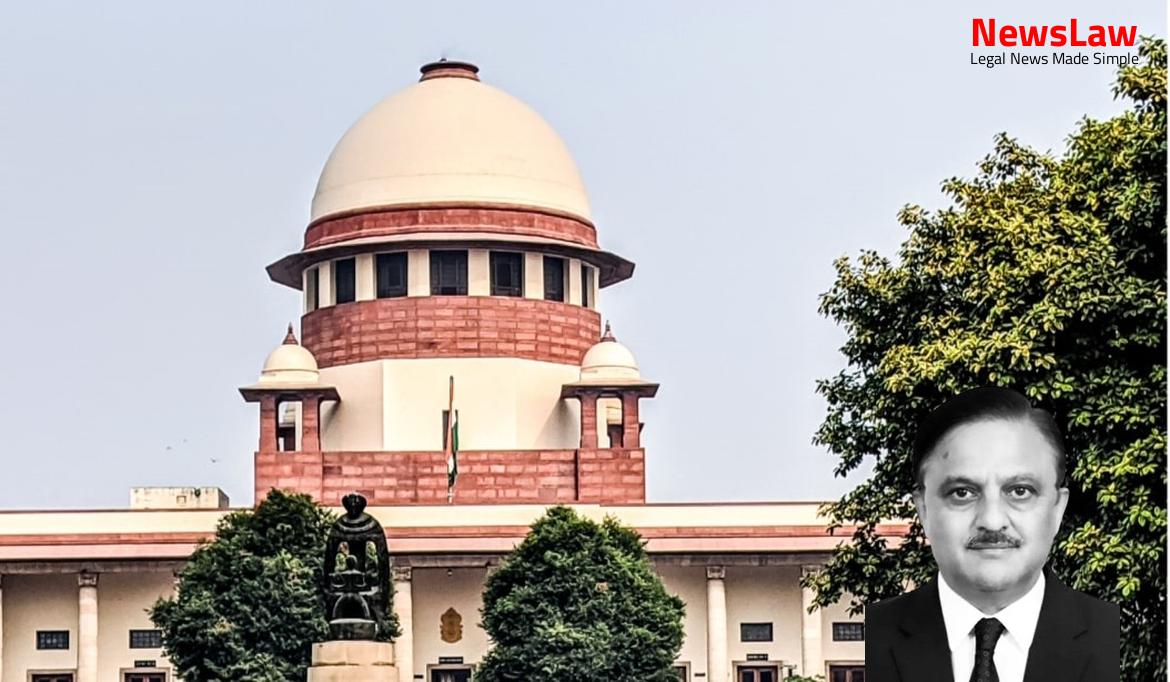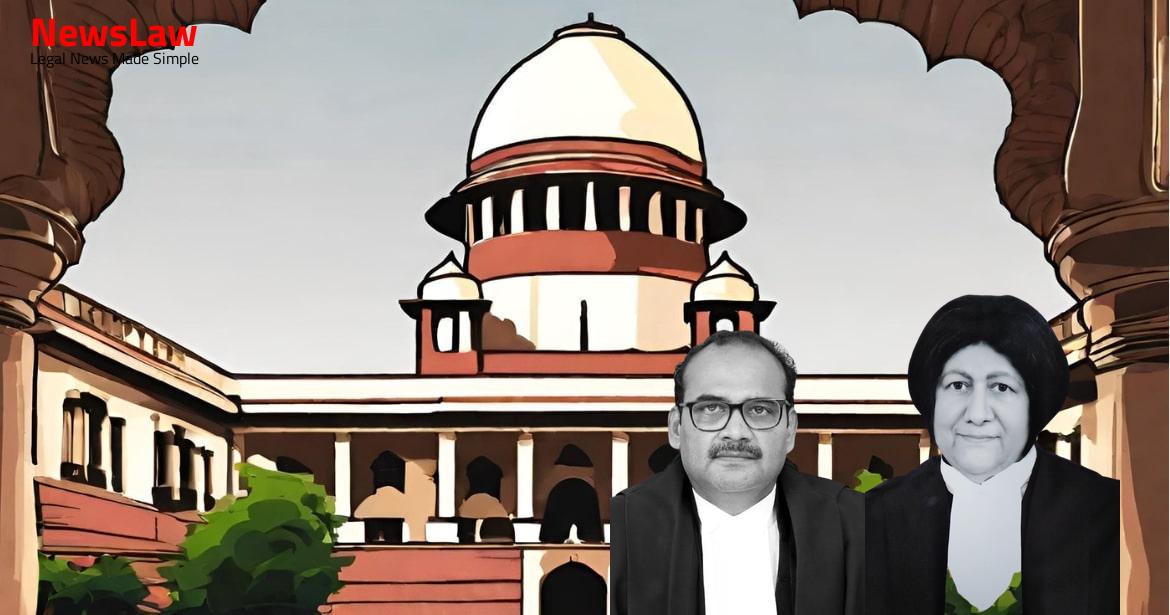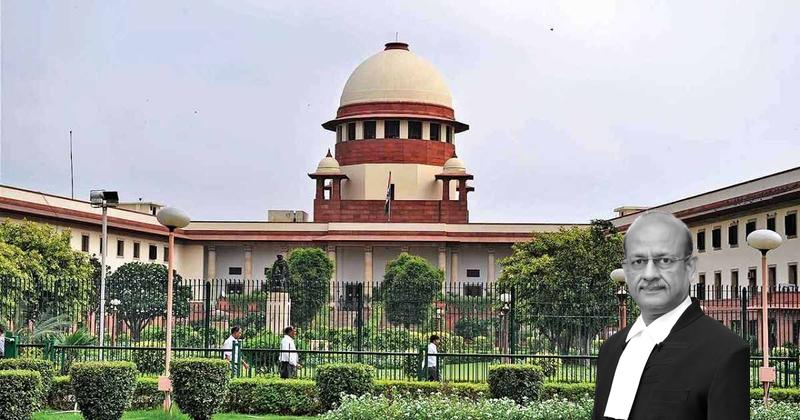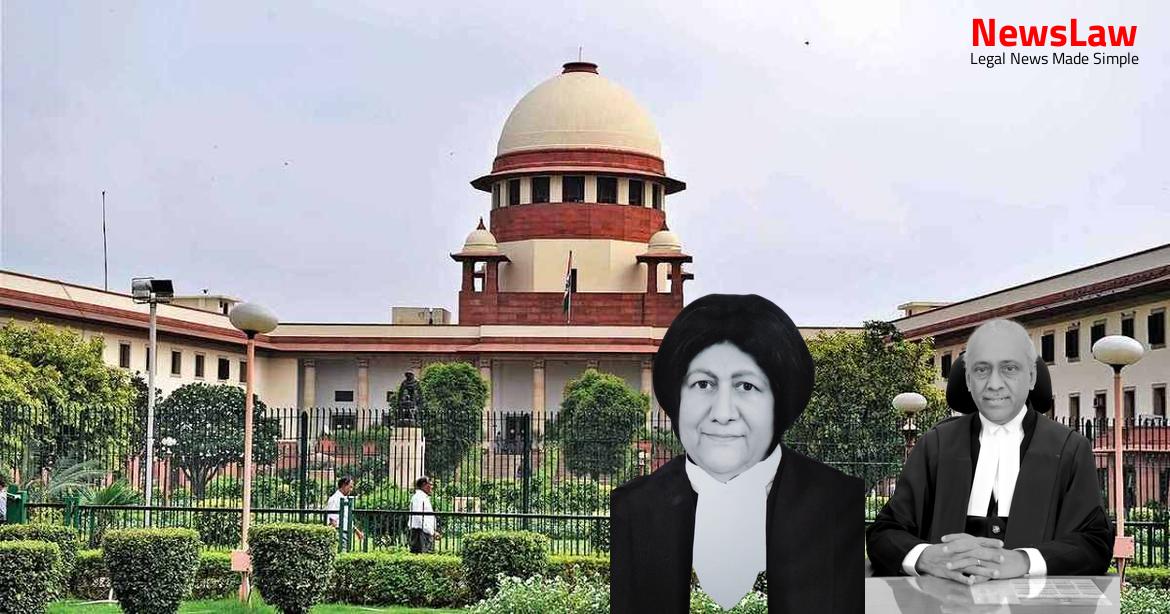Explore the in-depth legal analysis conducted by the court regarding the imposition of a fixed term sentence in a recent case involving a heinous crime. The court’s evaluation of various factors, including the nature of the offense, societal demands for justice and deterrence, and the possibility of reintegration into society, sheds light on the complexities of sentencing in criminal cases. This summary delves into the court’s rationale behind its decision and the implications for future legal proceedings.
Facts
- Trusted employees of an aged couple murdered them for greed of money
- Accused planned the crime with precision and attacked victims simultaneously
- Death was immediate as per medical officers who conducted the autopsy
- Accused did not file any appeal against the trial Court and High Court findings
- Trial Court initially gave death sentence but High Court imposed life sentence
- Life sentence granted under Section 302, IPC, as the third option available
- Court can also impose fixed term conviction besides death or life sentences
- Reasons for death sentence awarded based on trial Court’s judgment
- Victims Major General K.C. Dhingra and his wife Smt. Sangeeta Dhingra were killed in a brutal manner while they were sleeping
- High Court discussed confirmation of death sentence and referred to various judicial pronouncements
- The brutality of the crime is highlighted by the fact that the victims were sleeping, offering no resistance.
- The attackers used a hammer and Tava to disfigure the faces of the victims beyond recognition.
- Although the conviction was based on circumstantial evidence, the nature of the evidence left practically no doubt about the guilt of the accused.
- In cases where circumstantial evidence is strong and leaves no room for doubt, conviction under Section 302 of the Indian Penal Code must be the natural consequence.
Also Read: Supreme Court Judgment on Single Till Mechanism for HRAB Calculation: A Comprehensive Analysis
Arguments
- Counsel for the accused argued that the two accused were aged 22 and 24 at the time of the crime
- Emphasized that the accused were young individuals
- Stressed the importance of considering their age as a mitigating factor
Analysis
- In the case of Desraj vs State of Punjab, the Court specified special reasons for attracting the death penalty.
- Factors for attracting the death penalty included the manner of commission of murder, motive of murder, abhorrent nature of the crime, magnitude of crime, and the personality of the victim.
- In a case involving the murder of two aged people without provocation and with sole greed for money, one of whom was a decorated Major General of the Army, the death sentence was deemed appropriate.
- It was also noted that the convicts, being in their 50s, would hopefully learn their lesson and reintegrate into society as responsible members.
- The court considered the rival submissions and noted an aggravating circumstance pointed out by the complainant’s counsel.
- The society demands justice and deterrence, apart from mere conviction.
- A fixed term sentence is suggested as an appropriate course of action.
- The society sends a wrong signal if a trusted person betrays that trust in a gruesome manner.
- The subsequent attempt of the accused to escape raises questions regarding their conduct.
- The crime was pre-planned for gain by someone in a position of trust with the victims.
- The victims were elderly and had hired one of the convicts to care for them.
- The convicts attempted to escape from prison but were caught and convicted under relevant provisions.
- The brutality of the crime, along with aggravating circumstances, calls for a fixed term sentence before any consideration for remission.
- Trust and faith are significant in such relationships, as evidenced by the care provided to Anand Kindo.
Also Read: Selection and Appointment of Judicial Officers in Himachal Pradesh
Decision
- Imposing a fixed term sentence allows for the convict to re-integrate into society after serving their sentence
- Balances the victims’ plea for justice with rehabilitative justice for the convicts
- Appeals are allowed to a limited extent with parties bearing their own costs
- A fixed term sentence of 30 years is imposed after consideration of the matter
Case Title: THE STATE OF HARYANA Vs. ANAND KINDO (2022 INSC 939)
Case Number: Crl.A. No.-001797-001798 / 2010



